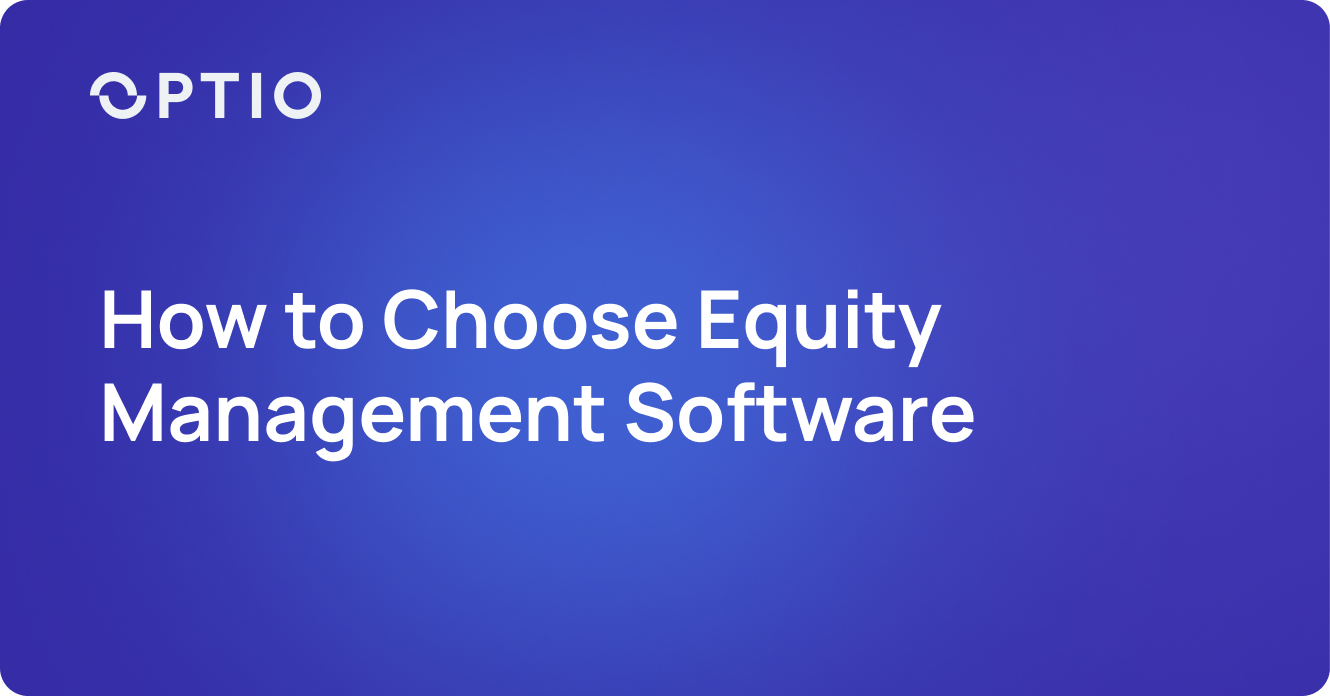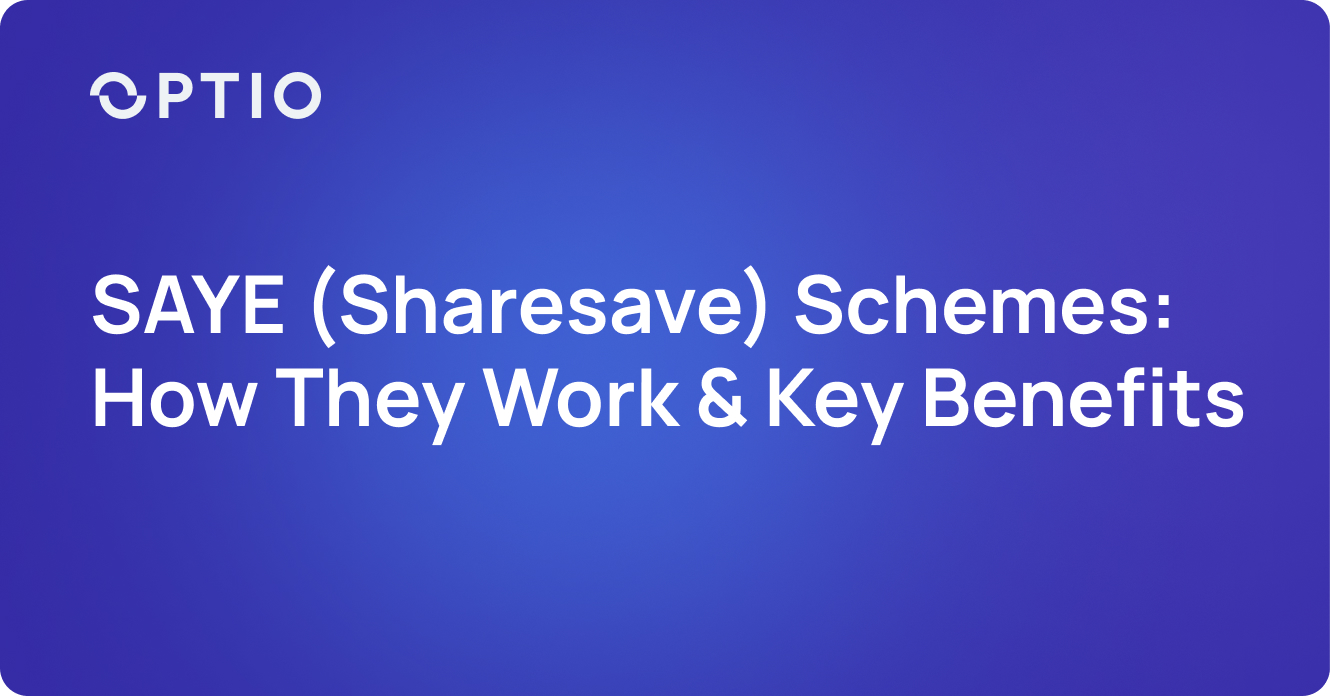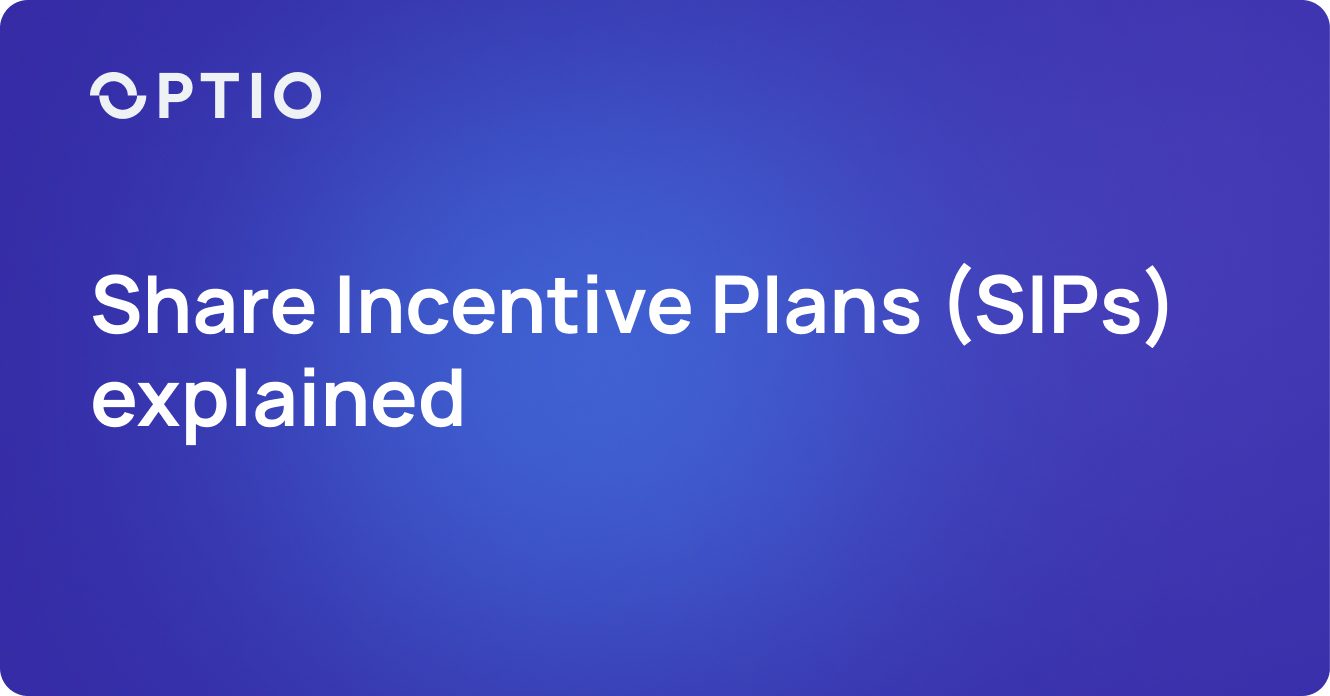A well-structured equity compensation agreement can have many positive effects for the company. There are also some possible unintended effects if the agreement is not adapted to the company’s needs and wishes.
Here are some things to keep in mind.
Dilution of the stock
As the options are exercised, the number of shares increases. This can potentially lower the value of the shares that current shareholders own. To counteract this dilution effect, some companies decide to buy back their own shares or utilize financial tools, such as total return swaps. However, if these companies decide to borrow money to fund these buybacks, they will incur interest costs, which can impact their financial results.
Long-term and healthy perspective in decisions
Managers might prioritize short-term gains over long-term growth if they can sell shares immediately after the options have been exercised. This short-sighted approach often results from lack of consideration of timeframes and strategic goals.
One effective solution is to implement a holding period, requiring employees to retain their shares for x years after exercising their options. This encourages a focus on the company's sustained growth and aligns employee interests with long-term performance.
In the financial industry, specific regulations govern these practices (remuneration schemes for financial institutions, investment firms and management companies for mutual funds) that regulate this. We will explore these regulations
Tax and employer’s contribution for illiquid shares in relation to expiration
Equity compensation instruments (like options) often lead to high tax bills for both the employee and the company. It's important to consider the liquidity for both parties. In the worst case, we have seen variants where employees face large "paper gains" (profits on paper), that have expired, simply because it hasn't been possible to sell shares to finance tax and redemption price. If the company's stock is publicly traded and has enough market activity (liquid), employees can sell some shares to cover these costs - but this becomes a problem when the shares are are hard to sell.
Unwanted high payouts
In some cases, equity compensation programs (especially options) result in very high payouts. While this is great for employees, it is not always desired by shareholders, and can harm the company's reputation. To prevent this, companies can use mechanisms like caps or breaks. Caps set a maximum limit on payouts and brakes slow down or stop payouts under certain conditions.
Another practice is to reassess the price of options that are "out of the money" (market price is lower than the option price) to retain top management. Many critics argue this is unfair to regular shareholders who have invested in the company and held onto their shares.
Another practice is to reassess the price of options that are ‘out of the money’ (worthless because the market price is lower than the option price) to retain top management. Many critics argue this is unfair to regular shareholders who have invested in the company and held onto their shares.
It’s said that it's better to own a small share of Coca Cola than a large share Jolly Cola. When used correctly, equity compensation can align everyone’s efforts towards the company’s long-term and healthy development.
Get expert insights and guidance tailored to your company’s unique needs. Schedule a consultation with our team of professionals.
Like what you’ve read? Subscribe below, and follow us on social media to stay up to date with our blog posts!



